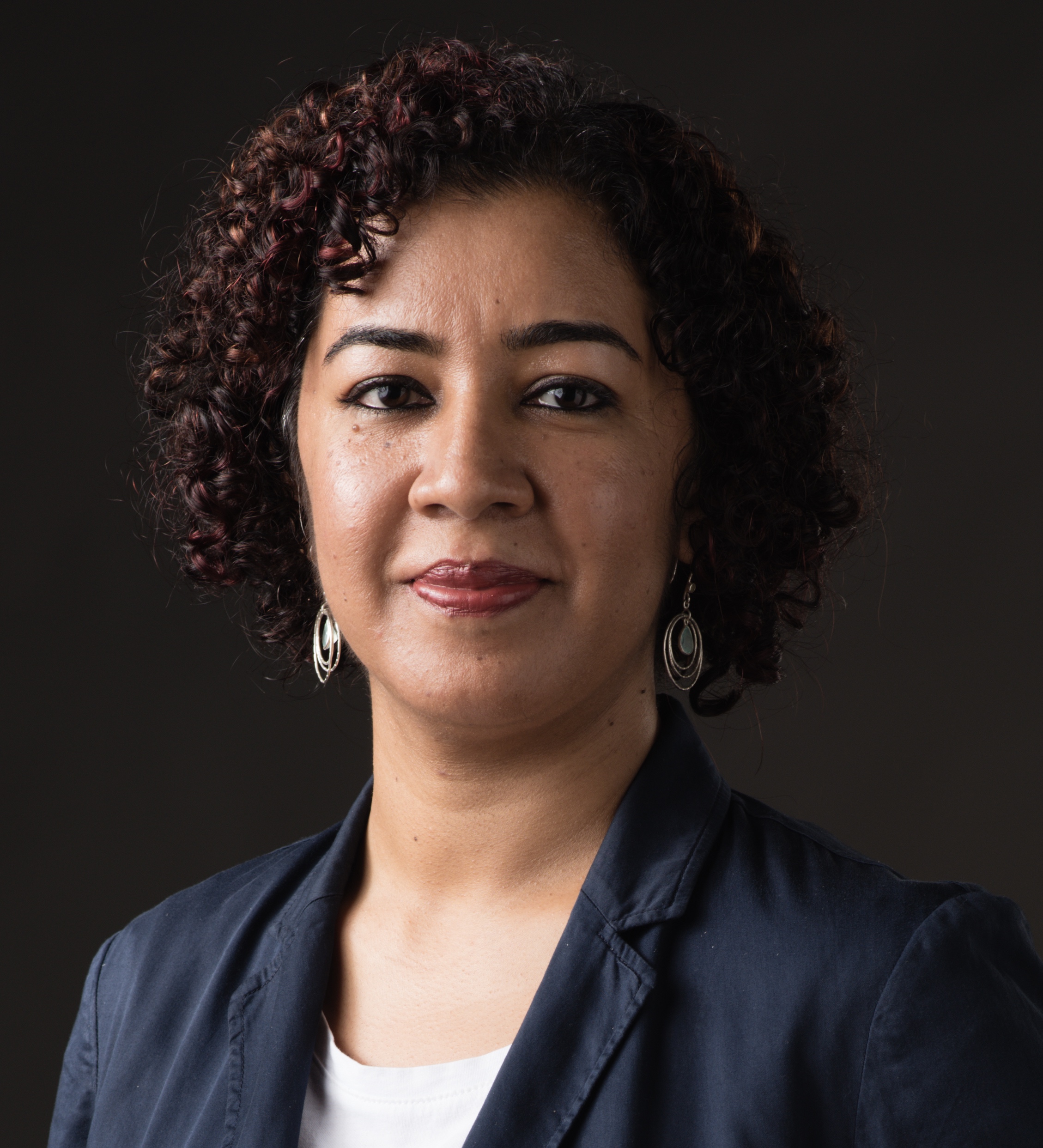The ICC’s Gender Persecution Policy – Reflections on an ILW 2023 Panel

By ABILA 2023 Student Ambassador Valerie Sigamani, J.D. Candidate at California Western School of Law.
This blog is part of a series of reflections on ILW 2023 by our Student Ambassadors. Each Student Ambassador engaged with a variety of panels and will be sharing their experiences over the spring and in the lead up to ILW 2024.
The prosecution of gender-based crimes in international courts has always been focused on sexual violence, but what happens when gender-based crimes are much more systemic and insidious? Does the definition of gender persecution reach beyond sexual violence? In December 2022, the International Criminal Court’s Office of the Prosecutor (ICC OTP) launched its Policy on the Crime of Gender Persecution, which enhanced the ability of international accountability bodies to prosecute gender-based violations expanding beyond sexual violence by clarifying the international criminal law. Gender persecution crimes are crimes that target groups based on gender, including expression of gender roles, and policies that regulate aspects of life based on gender. The policy clarifies that “[u]nderlying acts or crimes of gender persecution may include, but are not always manifested as, …psychological abuse…[and] cultural destruction or confiscation or attacks on schools or hospitals.”

Milena Sterio
On October 21, 2023, Milena Sterio, Professor of Law at Cleveland State University’s Cleveland-Marshall College of Law and Managing Director at the Public International Law & Policy Group moderated a conversation between distinguished guests, Yvonne Dutton, Professor of Law at the Indiana University Robert H. McKinney School of Law and a former federal prosecutor in the U.S. Attorney’s Office for the Southern District of New York; Lisa Davis, Professor of Law at CUNY and Special Advisor on Gender Persecution to the International Criminal Court; Valerie Oosterveld, Professor at Western Law, Ontario with research and writing focus on gender issues within international criminal justice; and Priya Pillai, lawyer and international law specialist, with two decades of expertise in the areas of international justice. The panel discussion was The ICC’s Gender Persecution Policy: definition, implementation, and way forward.

Lisa Davis
Davis noted the importance of creating a policy around gender persecution because gender-based violence is not a crime, but rather a term of art. Gender persecution is the only way that people can be held accountable for gender-based violence. The ICC OTP’s Policy Paper called for submission from people living with the effects of gender persecution. This Policy is reflective of the comments received from the submissions and sought to address the concerns of those who are seeing the effects of gender persecution on their communities, their government, and their health. The definition of gender persecution goes beyond the identity of the victim and targets the reason for the crime, which is motivated by the perpetrators view of gender.

Yvonne Dutton
Dutton and Oosterveld discussed a recent case that could change the landscape of gender persecution charges at international courts. Since the release of the Policy, a precedent-setting gender persecution case, Prosecutor v Al Hassan Ag Abdoul Aziz Ag Mohamed Ag Mahmoud has been brought to the ICC. It is the first case to be litigated at the Court on the crime against humanity of persecution on gender grounds. The case addresses gender persecution through both sexual violence as well as through the systemic control of women and disproportionate punishment for women for violating gender ideals reflected in the law imposed by Al Hassan. The results of this case will have a large impact on the future of gender persecution cases at international courts.

Valerie Oosterveld
Pillai discussed how gender persecution is enabled by systemic practice found at the local level. Complementarity is the principle by which the ICC gains jurisdiction only when the domestic courts are unwilling or unable to prosecute the crime. The aim is to end impunity for serious crimes, and complementarity drives international bodies to emphasize local capacity building. If there is an emphasis on capacity building at domestic courts in the application of the Policy on the Crime of Gender Persecution, then there will be greater movement towards the eradication of gender persecution. The policy offers inspiration for domestic courts to make gender-based crimes a priority. The Policy contemplates the support of domestic prosecutions of gender-based crimes, thus integrating complementarity into the Policy.

Priya Pillai
The Policy on Crimes of Gender Persecution clarifies and enhances the ability for documentation of gender persecution at a national and international level. These data points will serve for a greater ability to prosecute and capacity build to address the issues States face. Although the Policy is only a year old, it is encouraging to see the impact that it has made in the prosecution of gender-based crimes.



